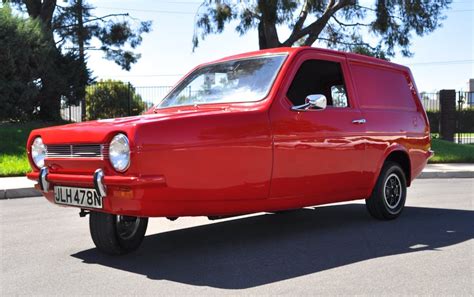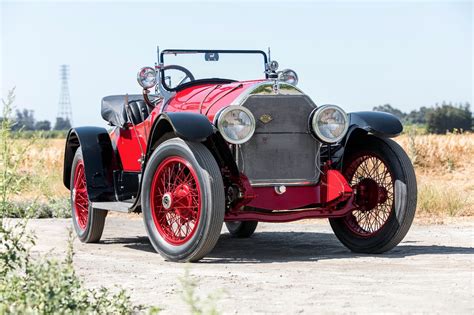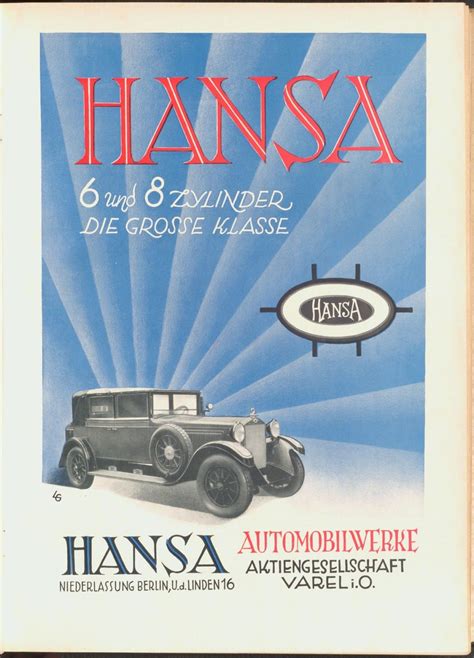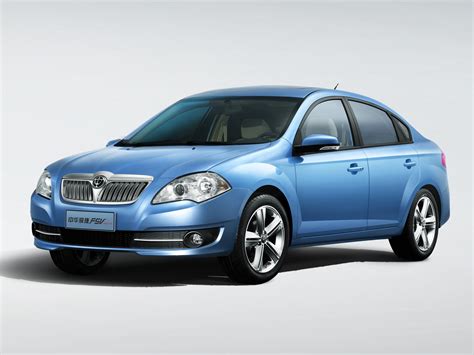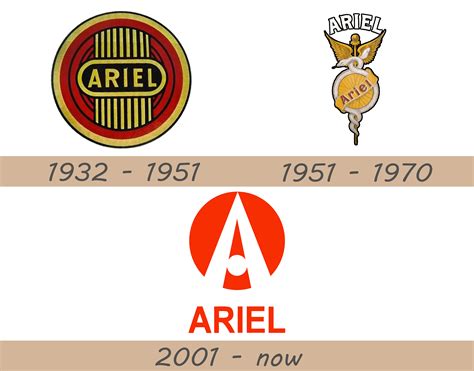Explore the origins and impact of Reliant Car Company in popular culture and the automotive industry. Learn about early models, innovations, challenges, and growth.
The Origins of Reliant Car Company
Contents
Reliant Car Company was established in 1935 in Tamworth, Staffordshire, England by T.L. Williams and E.S. Thompson. The company started as a side business for making composite structures for aircraft using a unique resin bonding method. After World War II, the company began producing vehicles, starting with the Reliant Regal, a three-wheeled car that made use of the company’s expertise in fiberglass and composite materials.
In the post-war years, there was a demand for affordable transportation, and the Reliant Regal filled that niche, providing a reliable and economical mode of travel for many people. The company’s innovation in using lightweight and durable materials made the Reliant Regal a success in the market, setting the stage for the company’s future in the automotive industry.
The early years saw Reliant Car Company making a name for itself with its unique approach to vehicle design and production. The company’s emphasis on using fiberglass for its car bodies set it apart from traditional car manufacturers, and this approach would become a hallmark of Reliant’s identity in the years to come.
By the 1960s, Reliant Car Company had firmly established itself as a manufacturer of reliable and innovative vehicles, with a strong foundation built on the origins of the company’s expertise in composite materials, engineering, and design.
Early Models and Innovations
Early Models and Innovations
During its early years, Reliant Car Company focused on creating innovative and unique models that stood out in the automotive market. One of its early successes was the Reliant Regal, which featured a lightweight and durable fiberglass body, setting it apart from other vehicles of the time. This material allowed for greater flexibility in design and improved fuel efficiency, making it a popular choice for consumers looking for something different.
In addition to the use of fiberglass, Reliant also introduced the concept of the three-wheeled car with models such as the Reliant Robin. This unconventional design not only caught the attention of the public but also provided a practical and cost-effective solution for those needing a small and efficient vehicle for urban transportation.
The company continued to push boundaries with its innovative approach to car manufacturing, leading to the development of the Reliant Scimitar, a sports car that combined performance and style. With its sleek design and powerful engine, the Reliant Scimitar garnered a strong following among enthusiasts and further solidified the company’s reputation for producing unique and forward-thinking models.
Furthermore, Reliant’s commitment to innovation extended beyond the vehicles themselves, as the company embraced new technologies and advancements in engineering to enhance the driving experience. From improved suspension systems to advanced safety features, Reliant was at the forefront of integrating cutting-edge innovations into its car models, setting a standard for the industry as a whole.
Overall, the early models and innovations introduced by Reliant Car Company not only showcased the company’s engineering prowess but also demonstrated its willingness to challenge traditional norms and explore new possibilities in the automotive world.
Challenges and Growth
Reliant Car Company faced several challenges in its early years, including financial difficulties and struggles to gain market share. The company initially relied on government contracts to sustain its business, but faced significant setbacks when those contracts dried up. This forced Reliant to reevaluate its approach and seek out new opportunities for growth.
Despite these challenges, Reliant persisted and eventually found success in the production of three-wheeled vehicles. The company’s innovative designs and efficient manufacturing processes helped it to establish a foothold in the automotive market and gain recognition for its unique approach to vehicle production.
As Reliant continued to grow, it faced new challenges in the form of increased competition from established car manufacturers. The company had to adapt to changing consumer preferences and market demands, while also navigating economic fluctuations and industry shifts.
Despite these obstacles, Reliant managed to maintain its growth and expand its product lineup, offering a range of vehicles that appealed to a diverse customer base. This perseverance and adaptability allowed the company to overcome its early challenges and establish itself as a respected player in the automotive industry.
Reliant Car Company in Popular Culture
Reliant Car Company, known for its unique three-wheeled vehicles, has made quite an impact on popular culture over the years. Despite being a niche automobile manufacturer, Reliant cars have made appearances in various forms of media, including movies, TV shows, and even music videos.
One of the most famous appearances of a Reliant car in popular culture is in the British sitcom Only Fools and Horses. The main character, Del Boy, drives a bright yellow Reliant Regal Supervan, which has become an iconic symbol of the show.
In addition to its on-screen appearances, Reliant cars have also been featured in popular music. The band Madness famously included a Reliant Regal in the music video for their hit song Driving in My Car, further solidifying the vehicle’s place in popular culture.
Reliant cars have also been referenced in various forms of literature, further cementing their status as a cultural icon. Their unique design and quirky nature have made them stand out in the automotive industry, earning them a place in popular culture that continues to endure to this day.
Legacy and Impact on the Automotive Industry
Reliant Car Company has left a lasting legacy and significant impact on the automotive industry. Founded in 1935, the company quickly became known for their innovative approach to vehicle design and manufacturing. Throughout their years of operation, Reliant produced a wide range of vehicles, from small economy cars to unique three-wheeled models that garnered attention from car enthusiasts and consumers alike.
One of the most notable impacts of Reliant Car Company on the automotive industry was their pioneering use of fiberglass in vehicle construction. This lightweight yet durable material allowed Reliant to create vehicles that were more fuel-efficient and cost-effective, setting a standard for future automotive manufacturers to follow. Their use of fiberglass also contributed to the development of sports cars and performance vehicles, as it allowed for sleek and aerodynamic designs that enhanced overall driving performance.
In addition to their innovative design choices, Reliant Car Company also had a significant impact on the economic and manufacturing aspects of the automotive industry. By embracing new technologies and production methods, they were able to streamline their manufacturing processes and reduce the overall cost of production. This not only benefited the company financially, but also influenced the industry as a whole by demonstrating the potential for more efficient and sustainable manufacturing practices.
The legacy of Reliant Car Company is also evident in the continued popularity and appreciation of their vehicles among enthusiasts and collectors. Many of their early models, including the iconic three-wheeled cars, have become sought-after classics, further solidifying their impact on automotive history. The influence of Reliant’s approach to vehicle design and manufacturing continues to be felt today, contributing to ongoing discussions and developments within the automotive industry.

